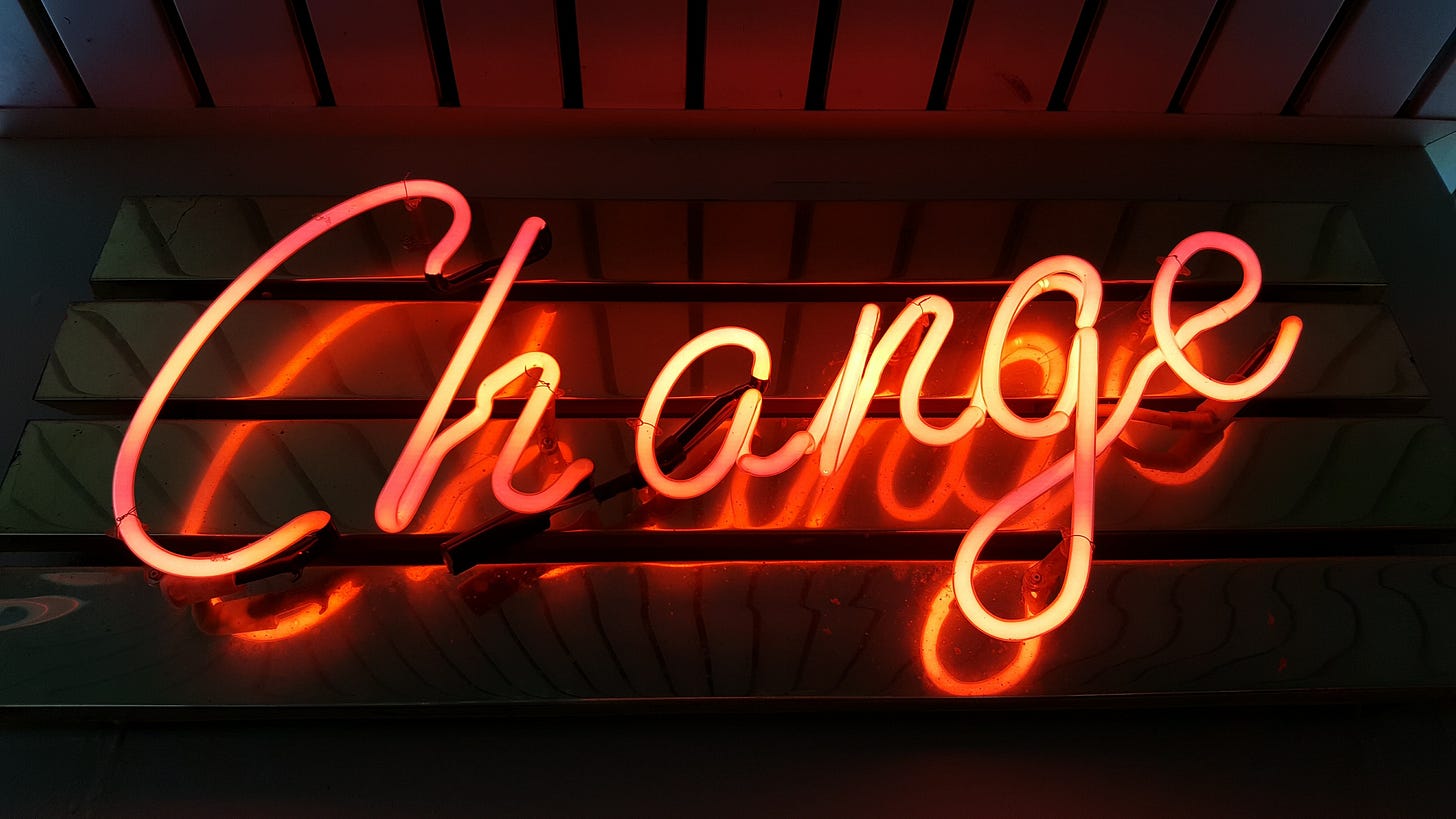We need an 'adaptive-minds' take on behaviour change
Underlying beliefs about humans are defining big differences in behaviour change approaches
So why don’t people actually follow through on what they know is the right thing to do? This is the question that is often asked with reference to all manner of behaviour change challenges. Not respecting social distancing, maintaining a healthy lifestyle, acquiring new skills, saving for a pension, not drinking too much; the list of topics that humans seem not to be doing is a long one.
But as Stephen Reicher, has been pointing out with respect to COVID rules, there is a big assumption at the centre of the heart of this. The assumption is that we don’t start or maintain positive behaviours due to poor motivations on our part, that we simply act as we want without regard for the consequences.
It is easy to assume that humans are typically interested in immediate gratification and not up to the job of living effectively. We may say we want to behave in responsible ways, but this can often considered to be a smoke screen to cover up our less acceptable ‘real’ preferences. This school of thought about humans as highly fallible and fragile (easily suffering from behavioural fatigue) would suggest that behaviour change comes about through regulation, defaults, nudges and so on.
Reicher disputes the notion of what we might call ‘fragile minds’, making the point that there are many reasons why people may fail to act in accordance with the rules – we may not have the skills to do so; we have all struggled at times to know what to do if someone does not respect social distancing when we see them, for example. We may not have the resources to manage social distancing, not least as it’s very hard to maintain if you live with others in a crowded space or have caring responsibilities. In other words, the assumption that humans, are purely shaped by a narrow, fixed set of self-interests does not necessarily hold.
An ‘adaptive minds’ view of humans would suggest that we are working on ways to ‘construct’ our lives, requiring careful navigation, negotiation and trade-offs. This approach suggests that we need to identify the barriers that get in the way of enacting positive behaviour and as such behaviour change programmes will lean more on barriers identification as well as educating, assisting and facilitating. As Reicher suggests, “It is an approach which starts from the question ‘how can we help people adhere to policy’ rather than ‘how can we stop people violating policy’.”
An adaptive view of behaviour change would therefore mean that the first task for the behaviour change practitioner is ‘Diagnosis’, a clear-headed understanding of what people find hard about change and then find ways to facilitate overcoming these barriers. This is why market research and behavioural science can work so well together; market research tools offer an excellent means for effective Diagnosis when used in combination with an underpinning of behavioural theory.
Only when we have an effective diagnosis of the barriers should we then set about the Design stage to identify possible solutions to help people to overcome the blockages and to effect behaviour change. This approach might still involve some tools to regulate or to nudge behaviour but with the wider framing that while these maybe necessary and helpful, they are often not sufficient.
We can think about this in the context of sustainability behaviour for example. Why don’t people recycle even when they say they want to do so and intend to do so? A ‘fragile minds’ view of behaviour would suggest that people will give socially desirable answers and that they are simply too self-interested to do the extra work that this behaviour requires. In which case people need to be ‘nudged’ into the behaviour or subject to regulation and punitive measures if they fail to do so.
Alternatively, an ‘adaptive minds’ view of humans would suggest we first need to understand what the barriers are to enacting that behaviour; we use our framework (MAPPS) for just this purpose:
You can see from this example that there are all sorts of reasons, both internal and external to the individual, that may inhibit the enactment of recycling behaviour. By understanding these barriers, we can then link them to Design Principles to help people overcome them.
Our framework is based on COM-B, a well-known behaviour change framework with an evidence base of delivering sustained behaviour change in a range of contexts. With this approach, we can start to more clearly unpick the much talked about ‘Say-Do’ gap in human behaviour.
In summary
The debates about different approaches to behaviour change can quickly get very narrow and technical – missing the bigger and more important point that there are some fundamental differences in the broader schools of thought that run through behavioural science. COVID has allowed us to see more clearly that the discipline has contrasting schools of thought in the underlying assumptions about human behaviour which can lead to very different approaches to go about tackling a wide range of challenges.



